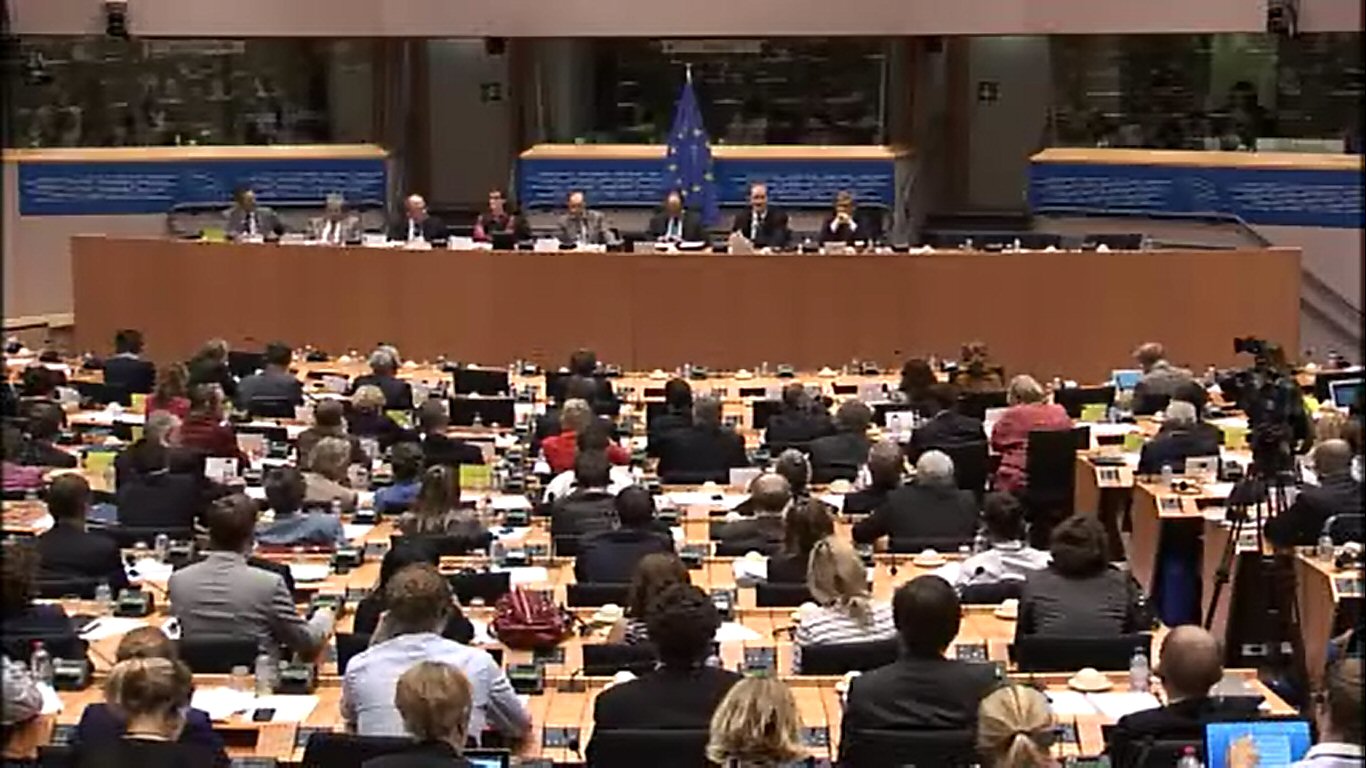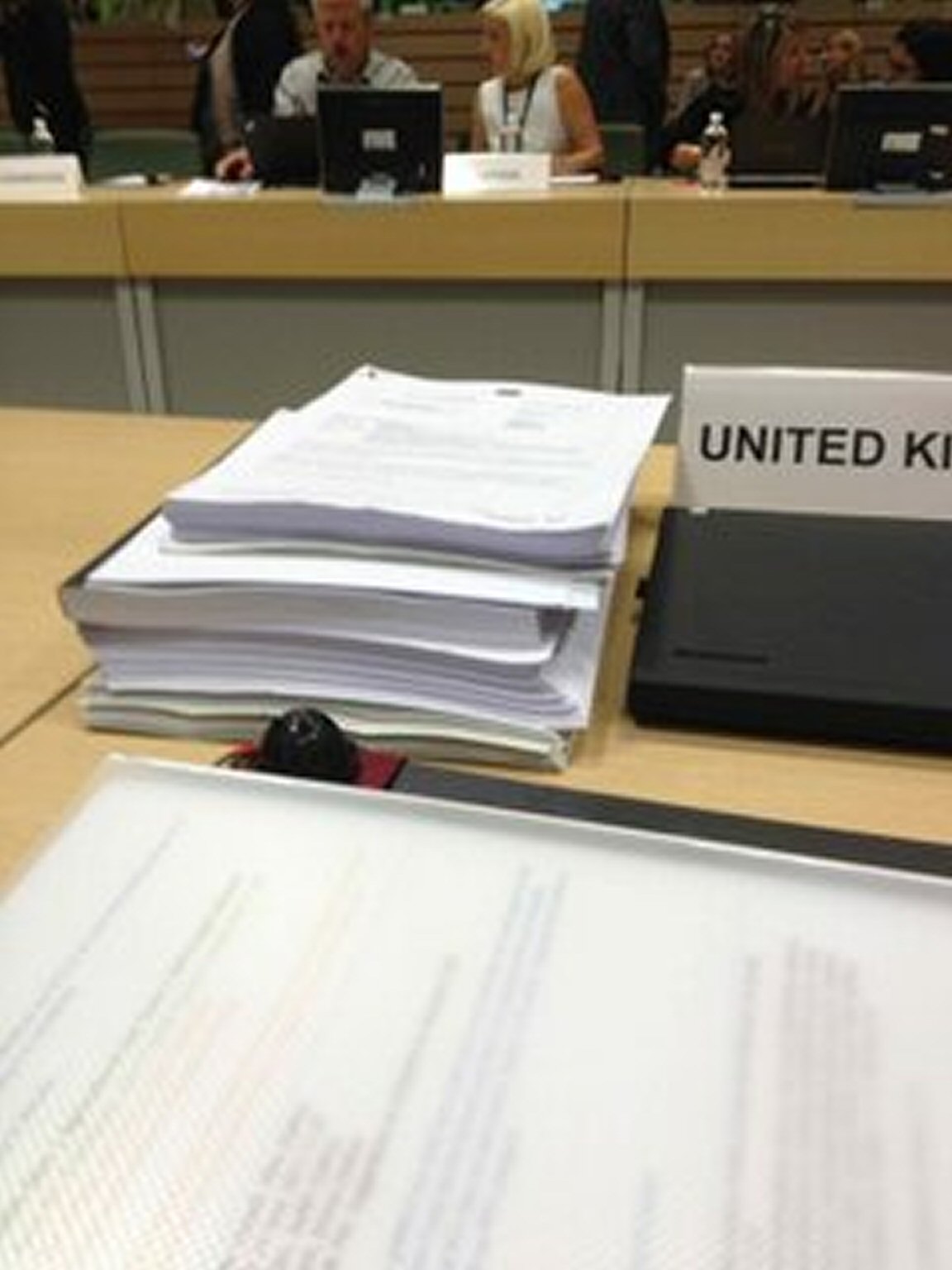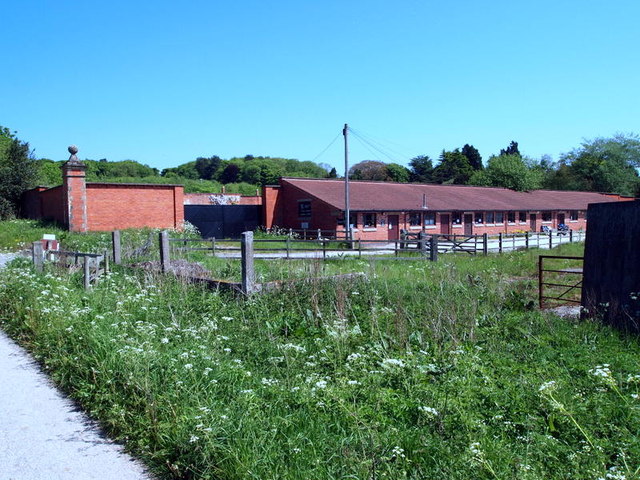Yesterday morning (Wednesday 27 June), in a final trilogue, the Irish Presidency reached a political agreement with the European Parliament negotiating team on remaining outstanding issues on the CAP reform dossiers. In the afternoon the deal was discussed in a relaxed COMAGRI meeting.
Although no formal vote was taken, Paolo de Castro, the COMAGRI chair, concluded that there was broader support among the Parliament’s political groups for the final outcome than there was for the vote on the negotiating mandate in March. The Presidency had secured a more flexible negotiating mandate at the June Agricultural Council meeting earlier in the week, so although there is as yet no formal reaction from agricultural ministers it seems clear this agreement will also be supported by the Council.… Read the rest
The June Agricultural Council issues paper
Last Friday the Presidency circulated an issues paper which sets out its views on the potential landing zones on some of the key issues in the CAP reform negotiations. There are some 22 issues on the list; the paper warns that this list is not comprehensive and that other issues are still under negotiation, underlining the scale of the challenge in reaching a political agreement in the trilogue process over three days this week.
The 22 issues are:
-
• Implementing financial discipline to finance the crisis reserve and/or to avoid breaches of the financial sub-ceiling;
• Active farmer definition;
• MFF issues including capping and degression;
• Internal convergence options for basic payments;
• Observance of greening on land not covered by entitlements;
• Defining Ecological Focus Areas for the greening payment;
• Equivalence, baseline and double funding of greening practices;
• Greening penalty;
• Treatment of young farmers:
• The percentage ceiling for coupled payments;
• Treatment of small farmers;
• Ending of sugar quotas;
• Vine planting rights;
• New definition of areas of natural constraints;
• Financial provisions in the rural development regulation, including co-financing rates and mandatory minimum spend on agri-environment/climate measures;
• Obligation on MS to pay interest on late payments;
• Suspension of monthly payments for failures of key controls;
• Suspension of monthly payments for non-submission of control statistics;
• Recovery of undue payments;
• Harmonisation of payment dates.
The June Agricultural Council
All roads lead to Luxembourg this weekend where agricultural Ministers begin to gather on Sunday for individual trilaterals with the Irish Presidency and the Commission prior to the formal opening of the Agricultural Council meeting on Monday next. The schedule for the following few days is set out in this post from Alistair Driver of the Farmers Guardian.
Monday morning is set aside for a formal Council discussion with a view to revising the Presidency’s mandate for the trilogue negotiations with the Parliament. Parallel trilogues with the Parliament’s negotiating team on the four regulations will then take place on Monday afternoon.… Read the rest
The MFF compromise texts
Euractiv.fr yesterday published the texts of the three documents which make up the compromise package to be put to the Council and Parliament following the trilogue meeting on 19-20 June. The three documents are:
-
Draft COUNCIL REGULATION laying down the multiannual financial framework for the years 2014-2020
-
Draft Inter-Institutional Agreement between the European Parliament, the Council and the Commission on budgetary discipline, cooperation in budgetary matters and on sound financial management
-
Draft declarations relevant to the above two pieces of legislation.
(Note that the texts can be read but not downloaded from the Euractiv.fr website; a downloadable copy of the draft MFF regulation is available here.)… Read the rest
Provisional MFF agreement still to be approved
The prediction in my last post on the MFF that it would be a long midnight on Tuesday 18th June proved only too true, with the Presidency, Parliament and Commission negotiators finally reaching agreement only after more than 24 hours of talks around 8 pm last night on a compromise MFF text to forward to the Council and Parliament. The compromise agreement represents a major achievement for the Irish Presidency, but must yet be signed off by the Council and Parliament. We must now see whether the momentum will carry over to the CAP negotiations at the beginning of next week.… Read the rest
Tuesday 18 June – high noon (or long midnight) for an MFF agreement?
I previously posted updates on the state of play in the MFF negotiations on 29 April and 15 May last. At the end of April, the General Affairs Council had just agreed the ‘political guidance’ for the Irish Presidency to start discussions with the Parliament’s negotiating team. However, the Parliament had refused to attend the first proposed trilogue meeting with the Presidency and Commission because of the Council’s unwillingness to commit to meet the anticipated gap in payment appropriations in the EU’s 2013 budget.
A trilateral meeting of Presidents was held on May 6 which broke this deadlock (see my 15 May post for details).… Read the rest
What will change in EU rural development policies after 2013?
The Commission’s draft rural development regulation in its CAP post-2013 package has attracted much less attention than the direct payments and single common market organisation regulations. But while the rural development regulation has given rise to fewer controversies, there will be changes in the ways rural development programmes are implemented and managed.
These changes were outlined and discussed in the presentation by Francesco Mantino (INEA, Italy) on the EU’s new rural development policy after 2013 given as part of the session on the state of the CAP reform negotiations at the annual conference of the Italian Association of Agricultural and Applied Economics in Parma.… Read the rest
Where stand the CAP reform negotiations?
Last week I participated in a session on the state of the CAP reform negotiations at the annual conference of the Italian Association of Agricultural and Applied Economics in Parma.
There were four presentations in the session, including an overview of the state of play in the negotiations by Giovanni Anania; a review of the CAP greening proposals by Jean-Christophe Bureau; an examination of the proposed changes in the rural development regulation by Francesco Mantino; and a discussion of how co-decision is influencing the outcome of these negotiations by myself.
Because the presentations might be of more general interest, with the permission of the presenters I plan to link to them over the next few days.… Read the rest




